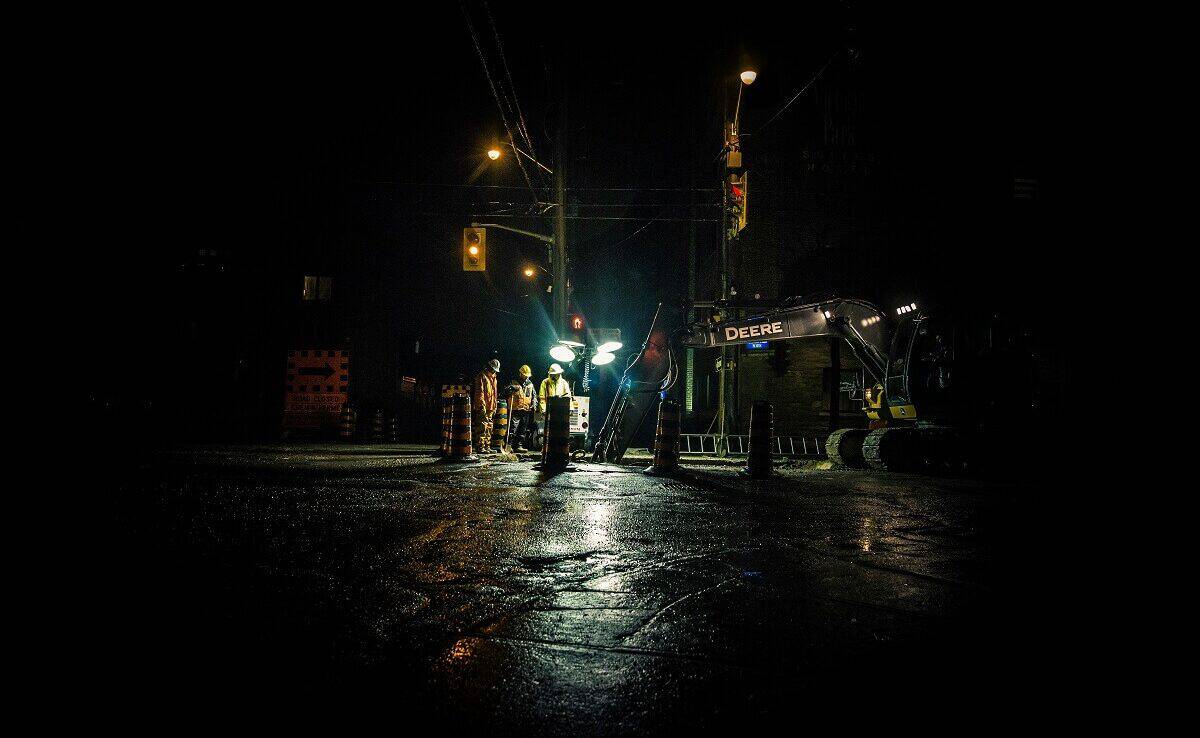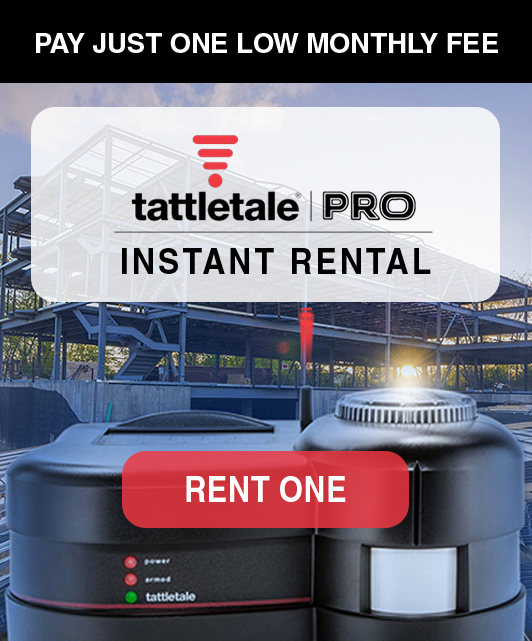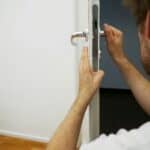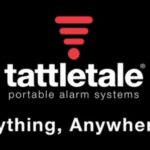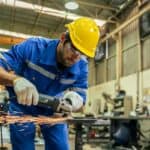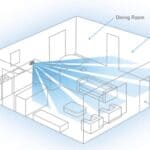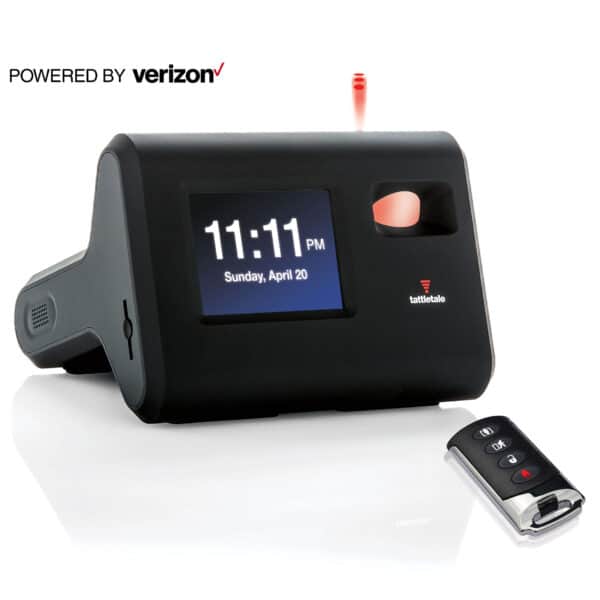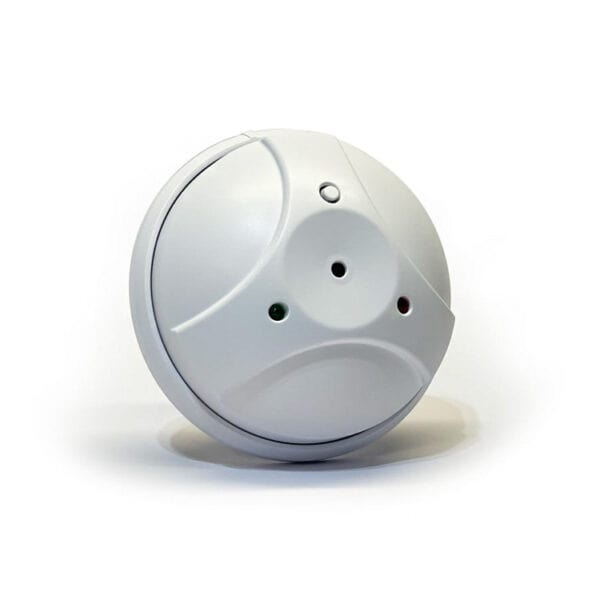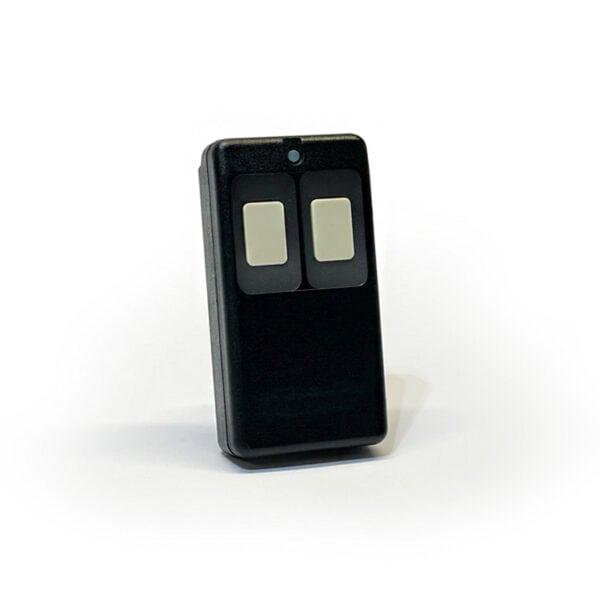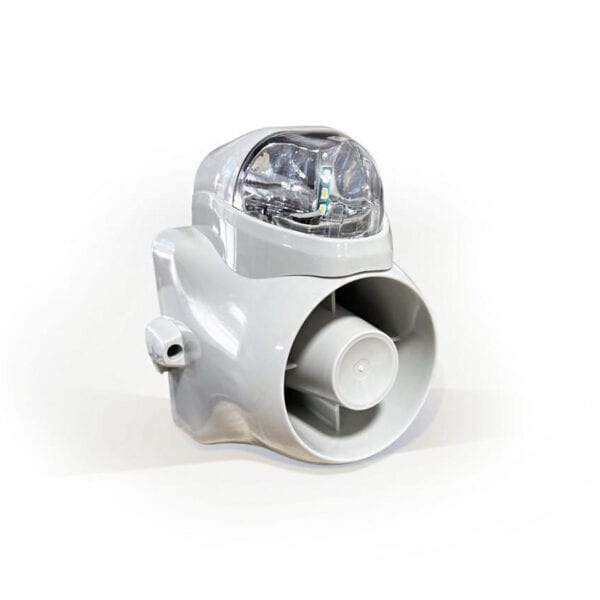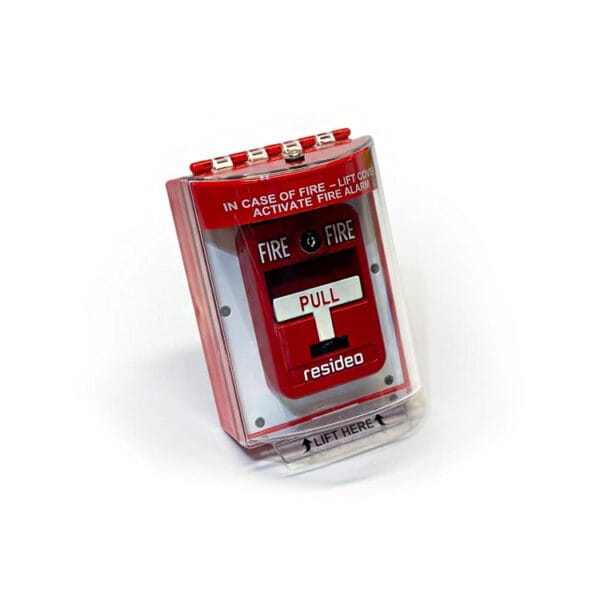Construction site theft is a serious concern around the country. If you’re thinking about installing security cameras for enhanced jobsite security, you’re likely expecting them to provide you with around-the-clock protection.
The need for jobsite security systems doesn’t stop at night. In fact, you need an even greater level of security when your employees aren’t around to watch over your expensive materials and equipment.
If you want 24/7 protection, it’s important to think about whether your cameras are capturing clear images after dark. If not, you could find yourself at a loss when it comes to catching bad actors who wish to take things from your jobsite when you’re not around.
Here’s what you need to know about security cameras and how they can protect your property at night.
Night Vision Technology for Security Cameras
In order for your security cameras to reliably capture images at night, they must be technologically equipped to do so. In general, there are three types of night vision technologies that will give you clear footage with minimal distortion or ambiguity.
Infrared
These cameras feature small infrared LED lights that make black-and-white images clearer. They do this by casting infrared rays onto the objects around them and then capturing footage when those objects reflect those rays back. The result is a clear image that can be seen through fog, smoke, dust, and other less-than-ideal conditions.
Thermal
Thermal cameras don’t need much light because they work by detecting the heat a person or object gives off. When they pick up these heat waves, they can trace the object’s outline and produce an accurate image based on the location of the hot and cool parts of that object.
Many business owners use thermal cameras for long-range images, as some of them can capture footage at distances as great as 150 feet.
Low-Light
Low-light cameras are just what they sound like: cameras that work well when very little lighting is present.
These cameras take the ambient lighting from around your jobsite and magnify it so images are much clearer than they would otherwise be. A low-light camera might also use other technologies, like infrared vision or motion sensors, to enhance functionality and picture quality.
Factors to Consider When Purchasing Jobsite Security Cameras for Nighttime Use
Having special technology is important if you want your camera to capture clear, reliable images at night. However, it’s also important to realize that how your camera is constructed, where you place it, and what type of lighting you have around it all matter.
Here are a few factors to consider if you want to get the most out of your jobsite security cameras.
Focal Length
A camera’s focal length dictates its field of view. Longer focal lengths have narrower fields, while shorter focal lengths capture a wider field of view.
Some cameras have variable focal lengths, which allows you to change this feature as needed. This can allow you to capture longer ranges with more detail, which is key for construction sites.
Lens Aperture
The aperture is the opening on the lens that lets the light in. For better jobsite security, it’s a good idea to stick with cameras that have a larger aperture, which allows the camera to pull in more light and ultimately results in clearer images.
Camera Resolution
Resolution refers to the number of pixels in an image. The more pixels there are, the clearer and more detailed the image will appear. Consequently, you’ll want to choose a camera with the highest resolution possible, as these will be best for capturing clear images at night and in low-light conditions.
Image Sensors
The size of the sensor determines how much light it can collect from the surrounding area. Larger image sensors are best for getting the clearest and brightest images at night, even when lighting sources are scarce.
External Factors: Lighting and Location
If you want your cameras to see further out, you need to ensure that nothing is blocking their view, such as walls, poles, or trees. While it’s important to situate your cameras high up so they can see further out, placing them too high might result in unfocused or blurry images.
If you opt not to purchase a camera with special night vision capabilities, you’ll need to place security lights or some other type of lighting around the camera so it can pick up images reliably.
Keep in mind, however, that too much direct light can be detrimental for cameras with night vision technology, as they’re already working to pull in the light around it, and excess illumination can wash out your image.
Consult Jobsite Security Experts Before You Make Your Purchase
The best thing you can do before deciding on a security camera is consult an expert. Consider writing out a list of questions and concerns so someone well-versed in commercial security can help you choose a durable camera with all the necessary features to help keep your site secure at night.
At tattletale®, we’ve been advising business owners on developing strong security systems for more than 20 years. Our team has the knowledge and ability to help you create a custom solution that will give your business and property the robust protection you need around the clock.
Contact us today to discuss your needs, learn about our security options, and get on the path toward a safer, more secure jobsite.



